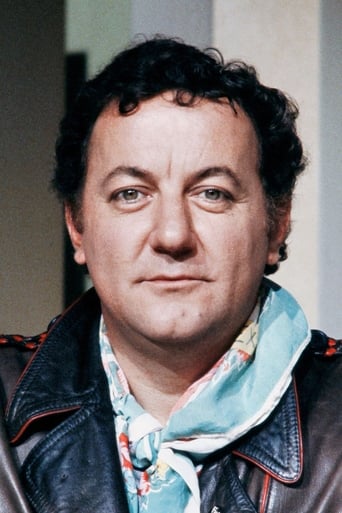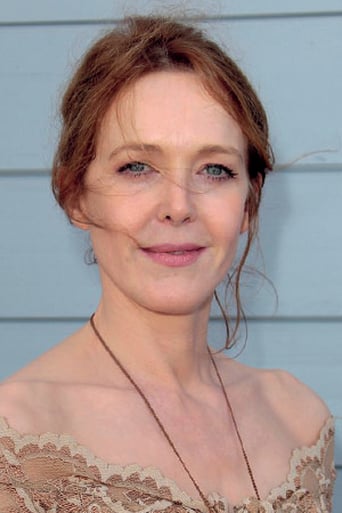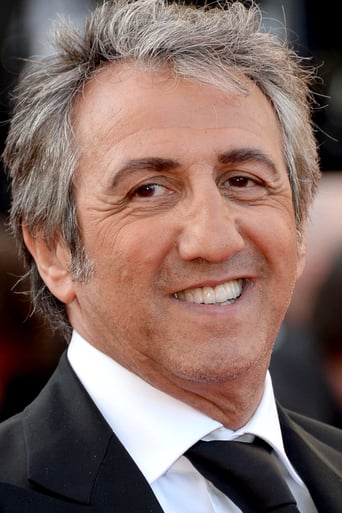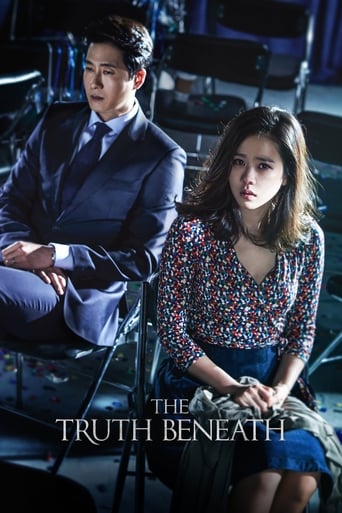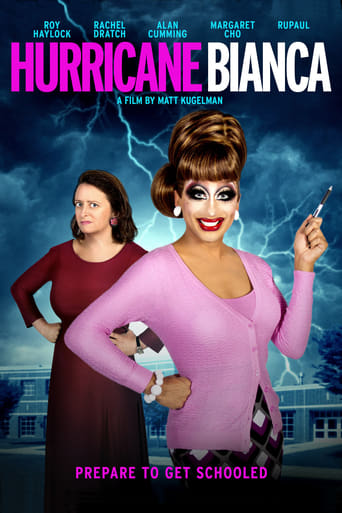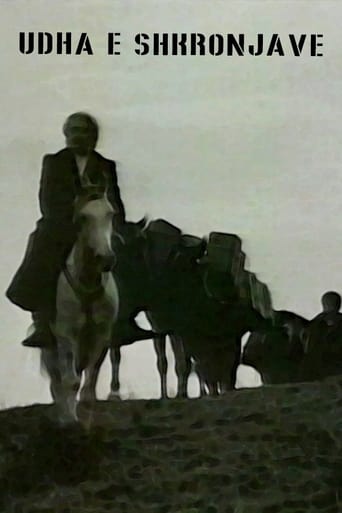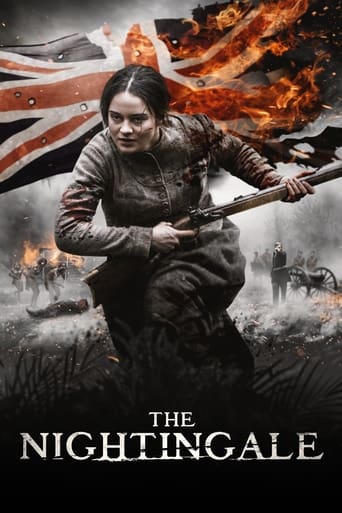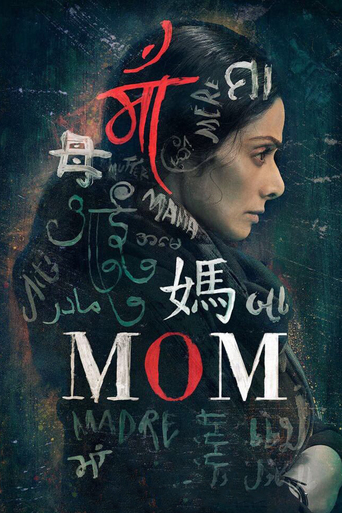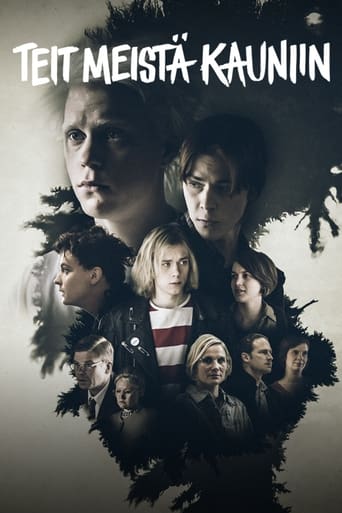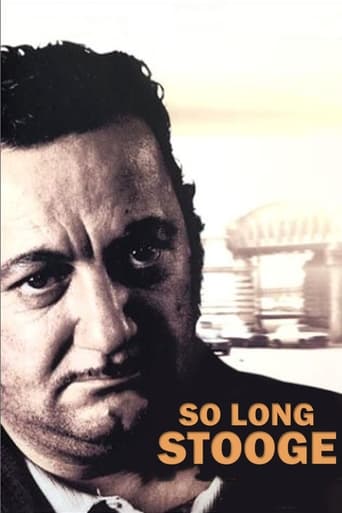
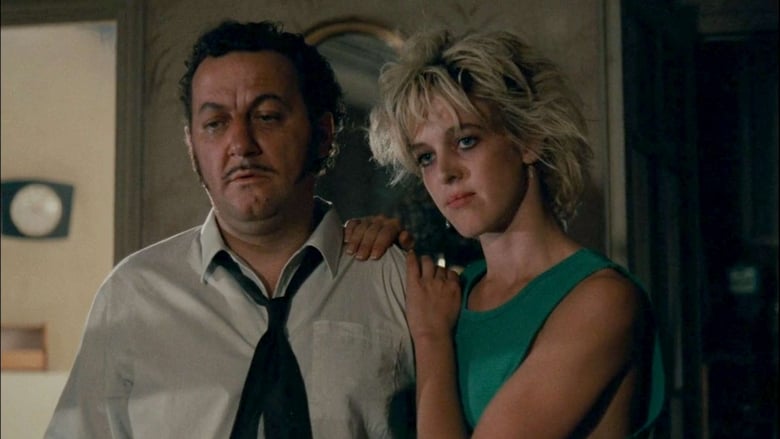
So Long, Stooge (1983)
In Paris XVIIIth district, Lambert works the night shift at a gas station, rarely speaking, living alone, drinking. One day comes a half-jewish half-arab small-time crook in dire straits, pushing a Moped. Named Bensoussan, he takes refuge at the station pretending he needs a spark plug. The two men become friends.
Watch Trailer
Cast


Similar titles
Reviews
Simply Perfect
Sadly Over-hyped
Ok... Let's be honest. It cannot be the best movie but is quite enjoyable. The movie has the potential to develop a great plot for future movies
what a terribly boring film. I'm sorry but this is absolutely not deserving of best picture and will be forgotten quickly. Entertaining and engaging cinema? No. Nothing performances with flat faces and mistaking silence for subtlety.
Coluche's acting in "Tchao Pantin", or "So Long, Stooge" was so pivotal in the film's success that the title became a well-known trope defining a comedian's dramatic breakthrough. Coluche became an actor's school-case firmly establishing what his stand-up routines made attentive eyes suspect: he was more than a clown. And as pump attendant Lambert, he let his proletarian roots and street-smart humanity operate as naturally and poignantly as if he'd played these roles for twenty years. He was only 39 but could look ten years older with these eyes that always seem at loss and a heart that whatever used to drive it probably stopped to exist. What an irony for a man who literally 'fuel' people to be trapped in such a desperately static life.Lambert is a total mystery but not in the way 'mystery' can be used to trick viewers, the directing of Claude Berri doesn't care for effects or twists, that's why saying the revelations that come near the end were predictable is missing the film's point. The story couldn't have been more linear and straightforward; whether it's a deliberate stylistic approach or not, Berri cares more for his characters who have all in common a sort of entrapment in a condition whose gravity isn't valued until violence raises its ugly head. It's a bit like staggering down the same disreputable and dangerous street every night to go home knowing that one night, you'll have pushed your luck one time too many. Nothing can come good from these dark and deserted streets sublimated by Bruno Nyutten's cinematography, as inky and shadowy as Gordon Willis' closed-doors shot in "The Godfather".Indeed, in this masterpiece of sobriety, it's literally to the French hearts of darkness that we're plunged, in a journey that never surrenders to cheap emotions, you'll never see a tear running on Coluche's cheek or his brief friendship with Bensoussan starting with predictable antagonism, sometimes the best about human relationships is as hazardous as casual as the worst and maybe this is where the poignancy lies. Many things happen but we never take then for bad luck, they seem to be dictated by a Karma, a sort of immanent presence that decided the likes of Bensoussan, a small-time drug-trafficker, are the kind of natural outcasts who won't find their place no matter how hard they try. As the half-Arab, half-Jewish thug, Anconina gives one of his greatest performances, he's a man lacking the social skills because he obviously lacked something in his life, whatever it was, he found a parcel of it in Lambert's empathy.Their interaction builds the whole first act and the dialogue is powerful without trying, when they talk, you can hear the hidden messages, the performances make you grasp the unspoken truths about their lives and it's so subtly done that you know the journey won't end with a happy ending. The rest of the cast involves a worn-down cop played by droopy-eyed Philippe Léotard and a punk prostitute played by Agnes Soral, needless to say that these characters aren't archetypes in the strictest sense of the word. Bensoussan sees Lola as the pretty blonde and the perfect trophy girlfriend, to bang and brag about it the day after, while Bauer first strikes as a little pebble in the shoe until he reveals, like Lola, more complexity. Society makes archetypes, not movies, and this is what "So Long, Stooge" is about, going into the depths of natural misfits in the crisis-stricken France of the early 80's.Because "So Long, Stooge" is also a powerful time capsule of the dark and shady France, sung by Renaud or drawn by comic-book artist Frank Margerin, it's a universe made of black leather jackets, motorbikes and guns, without the romantic and rebellious spirit of the 50's, more of the disillusioned post-Oil crisis days we'd find in Kassovitz "Hatred". But even as a product of its era, the film resists the test of time because it's a vivid, lucid and poignant friendship story and an unforgettable descent into the soul of a man whose greatest revelation doesn't involve his past, but just the fact that, despite the shocking factor, he's just a nice guy. To a certain degree, Lambert is perhaps the closest French character to Travis Bickle and he's certainly not a pale copy, Coluche would win the French Oscar for his performance.Sadly enough, he wouldn't have time to prove his value again as he'd die in a tragic motorbike accident in 1986, giving an eerie dimension to one of the most tragic moments in the film. Coluche like Bourvil didn't have time to be a late bloomer on the field of drama and left one of the most memorable performances of French cinema. And yes, it was so good "Tchao Pantin" isn't just used to describe the turning point of comedians but also their Holy Grail, their hidden desperation to be taken seriously at least once, Jean Dujardin, José Garcia or Franck Dubosc all wait for their "Tchao Pantin". Well, in 1983, Yannick Noah was the last French tennis player to win Roland Garros and Coluche the last comedian to have transitioned successfully to drama. Maybe today's cinema tends to overplay emotion, to emphasize the sleaziest aspects of the story such as gore and sex, while "So Long, Stooge" has its share of graphic moments, it's only in the peaceful and serene moments that we can measure what a tragic loss for cinema Coluche was.And you can see in "So Long, Stooge" a rebirth of a grittier and more realistic form of filmmaking that had also one merit, to take Franch cinema out of that 'New Wave' rut and start to reflect its time and tell compelling stories that don't just rely on existential torments, but on actions, too, paving the way to the new generation: from Luc Besson to jean-Jacques Beineix. Definitely one of French cinema's most relevant movies.
Director Claude Berri was often criticized for having tried this "film noir". However, I am not sure if "Tchao Pantin" is a proper film noir. After all, I wonder if this misunderstanding is the reason, why this movie is rated only by a few hundreds of people, and, most of all, why it is still not available on international DVD. The latter is the more astonishing, since Coluche has in French almost the status of a saint. But it is even worse: In the U.S., there is actually not one Coluche-movie available on DVD, although he acted at the side of Louis de Funes, Isabelle Huppert and other international stars. Coluche definitely needs to be reborn for the international audiences; he was a truly unique clown, comedian, actor and an outstanding human being, who is revered for good reason in France.People who know about Coluche's short life may wonder if he is really acting in this movie, or if he did not rather bring a good part of his personality into "Tchao Pantin". Yet, however it may be, two more reasons did not make it easier for this wonderful and sublime movie to make its way around the world. First, the title which is not translated in English, because it is not translatable. A "pantin" is a jumping Jack, and most people do not understand, why Coluche is a jumping Jack. Consequently, the title has been newly invented in many foreign versions. For example, in German, it is called "Am Rande der Nacht" ("At the edge of the night") and thus settled into a borderline region which has many times proved to be a reservoir of imagination in literature as well as in film. Second, from the assumption that this is a film noir one would interpret what Lambert-Coluche is doing in this movie as a series of revenge. Is it really so? In order not to spoil the movie, let me just say that Lambert realizes, after having killed the murderer of Bensoussan, that behind the small fishes there are bigger fishes. Consistently, Lambert then goes after the bigger ones, until he reaches the point where he finds himself trapped in the net of these fishes. However, Lambert does not seek for simple revenge. He is obsessed by the idea that he can exterminate evil by consistently going to the end. Charles Sanders Peirce wrote: "He who would not sacrifice his own soul to save the whole world, is, as it seems to me, illogical in all his inferences, collectively. Logic is rooted in the social principle". Lambert is consistent, no doubt, and I am convinced that this movie substitutes ethics by logic. However, there are the paradoxes that arise from logic proper, and in the end the killer gets killed. Does "Tchao Pantin" mean that in society somebody who strictly follows logic is a jumping Jack?
Claude Berri is one of the great artists of family life in French cinema. I have enjoyed so many of his films about youth, courtship, marriage and fatherhood: Mazel Tov, Le cinéma de Papa, La première fois, Un moment d'égarement. The first half of Tchao Pantin works well in this framework, but the second half is just a routine revenge story.I didn't really respond to the alcohol-blunted efforts of Coluche to rally himself to avenge the killing of Richard Anconina, nor did Agnès Soral's emotional about-face--deciding to help Coluche find the killer--seem believable. This actress has a very inexpressive face, and body to match. A tribute to Bruno Nuytten's wonderful cinematography is in order: there really is nobody like him for rainy night scenes. I'll give 10-10 for Coluche and Anconina, and zero for the rest.
Little known outside France but beloved in it Coluche, like Bourvil (of whom the same may be said) excelled at comedy but was more than competent at drama as he demonstrates here. Those who know Claude Berri mostly and/or if only for his international successes Jean de Florette and Manon des Source will perhaps be surprised at the radical change of milieu, from the sunny, well-lit and wide-open spaces of southern France to the dark, murky narrow enclosed world of demi-monde Paris small-time drug-dealers. Coluche is Lambert-no-last-name who is measuring out his life in the litres of gas he pumps as night man at a small filling station; one night a young man of mixed blood, some of it Arab, wanders in to avoid the police - he has an endearing habit of stealing mopeds and motorbikes - and an unlikely bond is slowly forged between the two, easier to understand later with the disclosure that Lambert is an ex-cop whose teenage son died of an overdose. The kid (Richard Anconia) falls foul of his own dealer and gets it where the chicken got the axe and Lambert is moved to avenge him and is himself killed for his pains. Slow to gain momentum it slowly tightens its grip on the viewer and is well worth a look.


